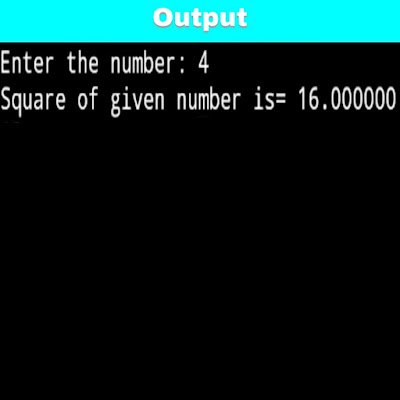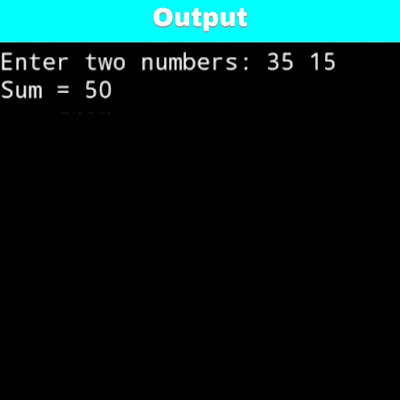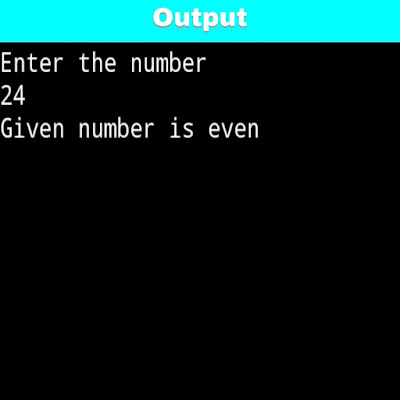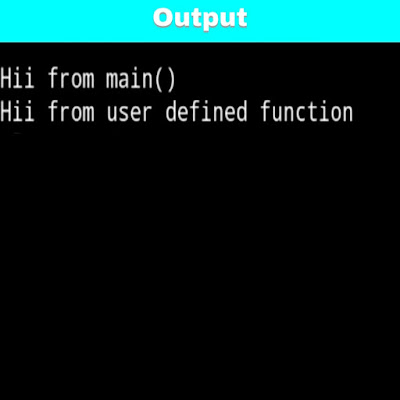Ex: Write a C program to print sum of all array elements. How to write a C program which print sum of all array elements. C program to print sum of all array elements.
Input from user:
Enter how many elements you are going to enter: 5
Enter the elements:
10
20
30
40
50
Expected output:
Sum of all array elements= 150
Input from user:
Enter how many elements you are going to enter: 5
Enter the elements:
10
20
30
40
50
Expected output:
Sum of all array elements= 150





